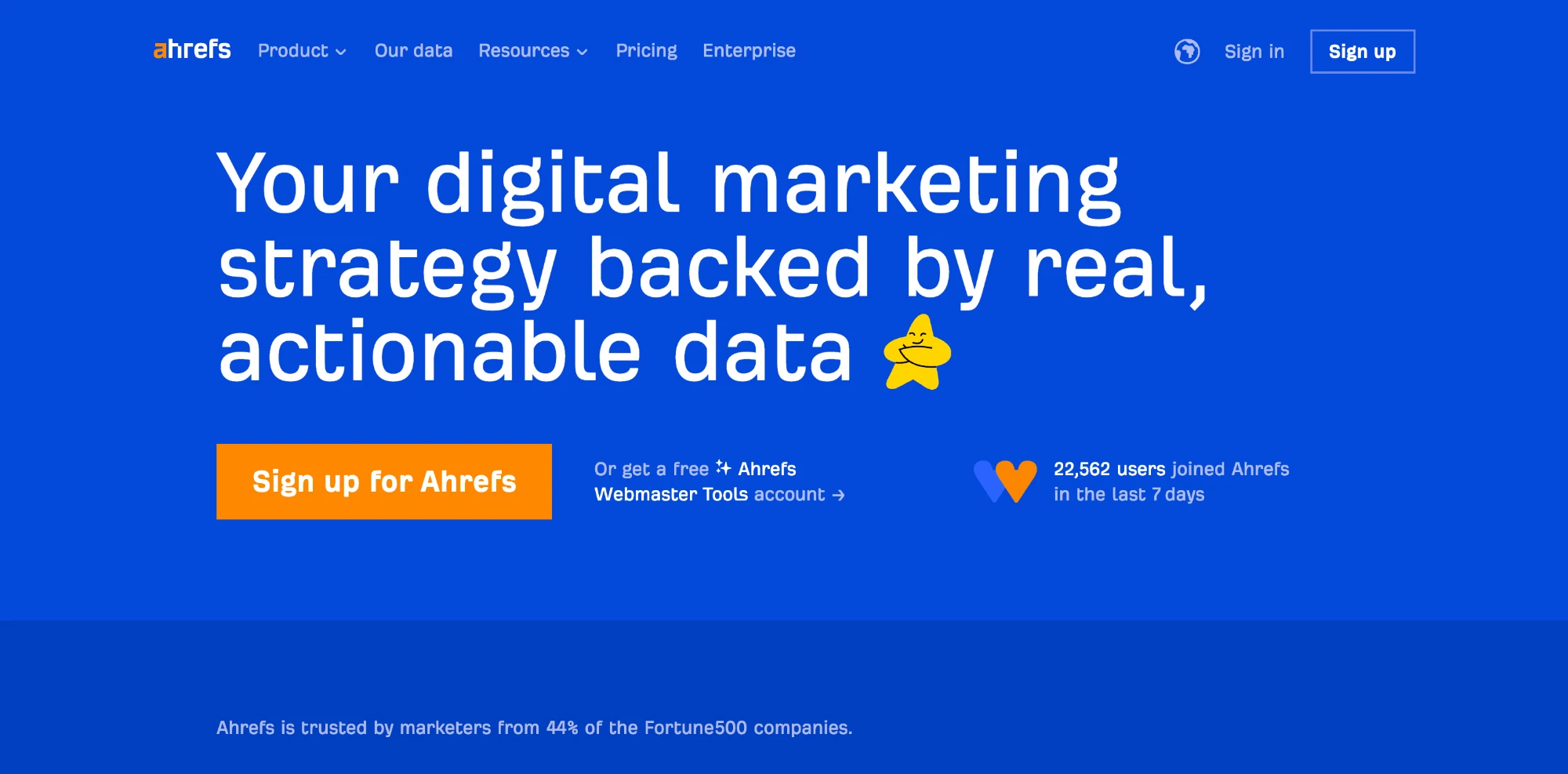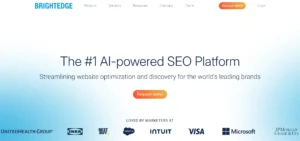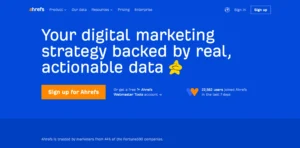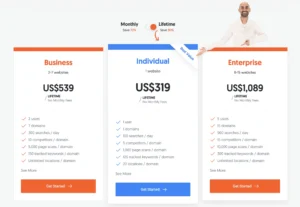DO YOU REALLY NEED SEO TOOLS? Let’s set the record straight!
TL;DR: No, you don’t, but it helps.
SEO success isn’t only keyword tracking, backlinks & technical audits. It’s about creating valuable content that serves your audience. With AI search engines are rapidly evolving, and quality content is half the battle. But can SEO tools be a difference maker? Let’s break it down.
What Are SEO Tools?
If you’re new to this, you might be wondering “What the heck are SEO Tools?” To me, it’s anything you use to help you with your SEO efforts, and tools to set SEO strategies. This could be website performance, track keywords, audit backlinks, competitor insights, etc.
Common SEO Platforms
Tools that I’ve used and can recommend:
- BrightEdge: This is great for clients, or businesses that have enterprise level needs. When I was working at large agencies instead of running my own agency – this was my go to. If this is you, you’re gonna want to email Jess (jnowak@brightedge,com) or Zach zachariah.johnson@brightedge.com), tell them Vinh Huynh sent you, and they can walk you through the platform. PS – None of my recommendations are sponsored either. BrightEdge is a great platform with great support which is why I recommend it to those that have the budget for it.
- Ahrefs: To me this is the best value to price ratio when it comes to SEO tools. It’s great for everyone from bloggers, to small businesses, to agencies. It’s our primary SEO Tool at DRVN Media. While their interface (and website) do look a little dated – it’s the data and insights that matter. There are multiple price points available too that will fit most budgets for US companies, and those doing SEO.
- Ubersuggest: I do catch a little grief for recommending this one, because the tool does have some downsides. Is it as reliable as other platforms? No not really. Does Neil Patel (NP Digital) integrate the tool into the sale process for his agency? Yes. But aside from that, it’s a budget friendly tool that will be good enough for lots of people. Also, they have a no subscription option for those who don’t want to pay recurring fees. So while you do get what you pay for, there are certain elements of the tool (like keyword brainstorming) that our writers like to use because it’s quick and easy. So while you do get what you pay for – it’s also one of those, well you only have to pay for it once scenarios too.
Pros & Cons to Using Tools
✅ Pros:
- Can save you some time: Automate keyword tracking, audits, reporting, etc.
- Simplifies data to make it easier to digest & analyze: Makes SEO insights easier to understand
- You can find hidden opportunities: Competitor insights, keyword gaps, backlink data
❌ Cons:
- Paralysis by analysis: Too much data, and insights can easily overwhelm those who aren’t trained to look at it
- Only prioritizing what the tool tells you: Most of these tools will prioritize goals based on what it thinks matters, and these may not align with your business goals. In a prior post I discuss aligning SEO strategies with business goals – so go check that post out.
- Over-reliance on the tool itself: Do you remember that scene in the original Top Gun where they were talking about pilots becoming too reliant on missiles so they lost their air-to-air combat skills? Think of SEO tools like your missiles, and your manual checks and strategies as the more important air-to-air combat skills because those still matter today.
Are There Free SEO Tools
Just know, Google Search Console, Analytics, and Keyword Planner cover basics like performance tracking and keyword research – these tools are free to use, and I use those to this day. Ahrefs has lower-tier plans that offer deeper insights for growing businesses, while BrightEdge provides AI-powered automation and advanced analytics for enterprise level businesses. To determine whether you need a paid SEO Tool, you have to assess the value it can bring vs. what you’re using now.
Weigh Out Value vs. Expenses
Before investing into an SEO platform, compare your time savings versus cost of the SEO tool itself. In the past, I’ve had clients with enterprise SEO needs who refused to pay for BrightEdge, and it was non-sensical. The monthly cost would’ve been far less than the hours we spent manually doing certain SEO tasks where the client would’ve come out ahead on the time savings alone. However, they saw it as an “added cost” instead of an investment. Also measure what you’ll gain by using SEO tools. Does it streamlines work? Are you struggling to uncover new actionable insights? Could this improve your efficiency so you can spend more time putting strategies into action? If it’ll do all of, or even some of those aforementioned things, then it might be worth the time investment.
My Final Hot Take:
I’m gonna be honest… When anyone on our SEO team, or I review sites, the ones that have a head start on their competition are ones that have produced quality content for their ideal customer profile (ICP). The ones that don’t commit to content creation… no tool will magically fix their performance issues – this is unless they’re a massive, well-known brand (then it’s likely other issues hindering performance).
The decision to invest in an SEO tool comes down to value vs. cost. But remember, tools don’t drive results on their own, and you’re the biggest variable in the equation. It’s like a race car, an F1 driver will have it on the edge of its limit, while the average person wouldn’t come close. The same goes for SEO. Bob the Plumber might not get the most out of Ahrefs like we can at DRVN Media. So when he’s done all he can to improve his site, it’s time to hire an agency that can take it further.
Other Articles You Might Be Interested In:
- SEO Strategies: 2025 Guide to Setting SEO Strategies
- SEO Audits: Important Elements of an SEO Audit (This one is more about the importance of SEO audits)
About the Author:
Vinh Huynh is Digital Marketing strategist, specializing in SEO & Paid Search, and also the owner of DRVN. He helps businesses improve their online visibility, through data-driven strategies. Outside of Digital Marketing, you can find him coaching the sport of Olympic Weightlifting, and networking with entrepreneurs, and local businesses.




